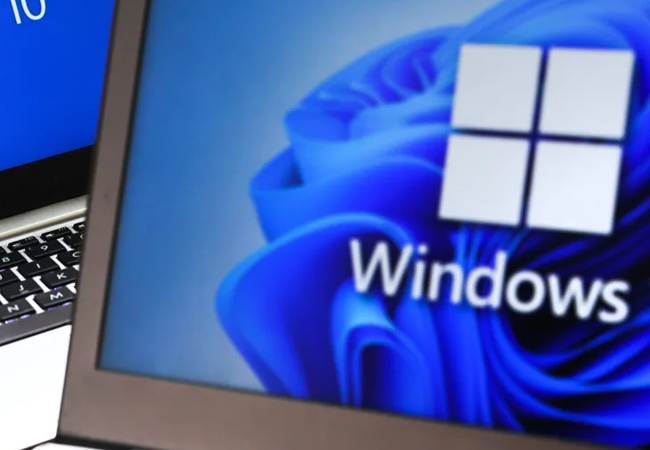Microsoft has taken the historic decision to terminate WordPad, a program that has been a loyal companion on the Windows operating system for over three decades, in a major development for Windows users and text-editing fans alike. While this decision was anticipated by some, it represents the end of an era, since WordPad will no longer get updates and will be phased out in a future version of Windows.
WordPad's Long-Lasting Legacy
WordPad has been a consistent presence for those who have been using Windows since the mid-'90s, acting as a basic but effective text editor. It became a familiar tool for users to jot down notes, generate rudimentary documents, and execute lightweight text formatting chores from its beginnings in Windows 95. It has developed over time to accommodate numerous file formats while remaining compatible with subsequent Windows versions.
The Change to Optional Status
WordPad's destiny changed significantly in 2020, when Microsoft made it optional for consumers during the Windows installation process. This choice foreshadowed a shifting environment in the field of text editing, in which consumers were encouraged to investigate different possibilities.
Alternatives Suggestions
Because WordPad has been discontinued, Microsoft is recommending customers to two key options for their text-editing needs:
1. Microsoft Word: The Rich Text Editing Powerhouse
Microsoft Word, a mainstay of the Microsoft Office suite, is suggested for individuals who need significant formatting skills and the ability to create rich text documents. Microsoft Word is a powerful solution for creating professional documents, with a plethora of features such as sophisticated formatting tools, templates, and collaboration possibilities.
2. Windows Notepad: The Ease of Plain Text
Windows Notepad is a reliable alternative for people looking for a no-frills, plain text editing experience. Notepad is well-known for its simplicity and effectiveness in processing simple text files without the complication of formatting choices. It's a simple technique that appeals to people who desire a quick text-editing procedure.
An Evolutionary Pattern
Microsoft's decision to terminate WordPad is consistent with the company's larger trend of progressively phasing out outdated features and programs. This involves the demise of old programs like as MS Paint, as well as the evolution of Cortana into a more integrated, context-aware AI assistant.
The Future of Windows Text Editing
As WordPad enters the annals of Windows history, users must choose between the sophisticated features of Microsoft Word and the simplicity of Windows Notepad. This modification marks a watershed point in Microsoft's continuous attempts to simplify its services and meet the changing demands of its user base.
Finally, the demise of WordPad represents a change in the landscape of text editing on Windows. While it may bring back memories for some, it also provides fresh chances for users to explore complex text-editing tools in Microsoft Word or enjoy the simple beauty of Windows Notepad. As technology evolves, so must the software that supports it, and Microsoft is dedicated to providing users with the tools they need to succeed in the digital era.


Post a Comment